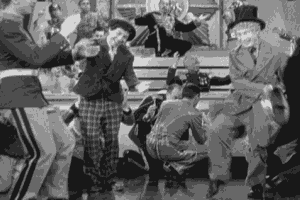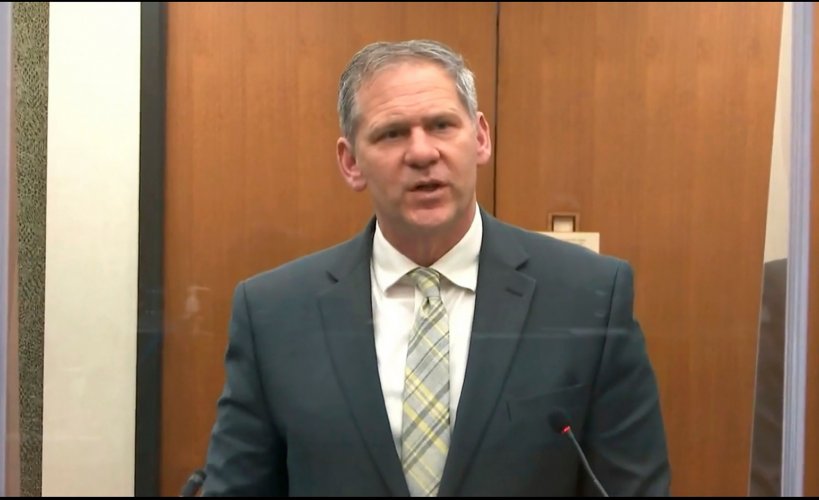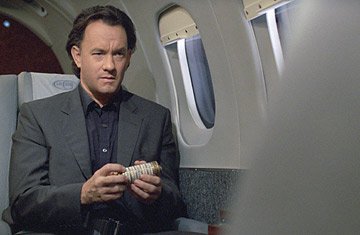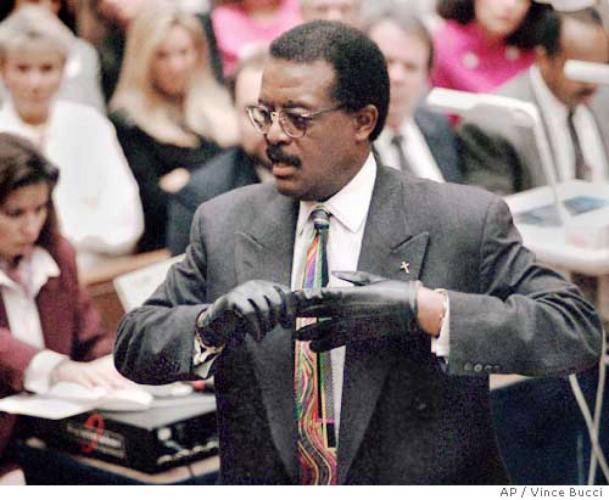I just thought of a great marketing plan. Baby seal moccasins with a black rifle logo.
For a gentle start for a lazy morning for Tactical Chad.
Put some MOLLE attachments on them and a pocket for a pistol mag and you got yerself a tiger by the tail, son!










